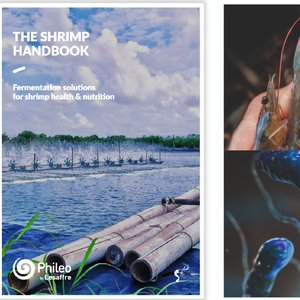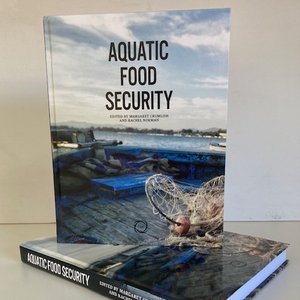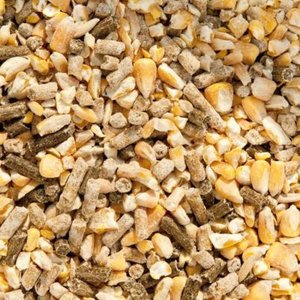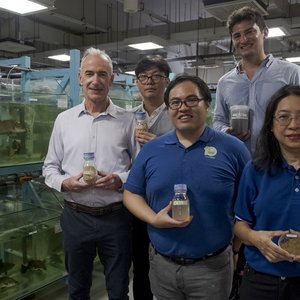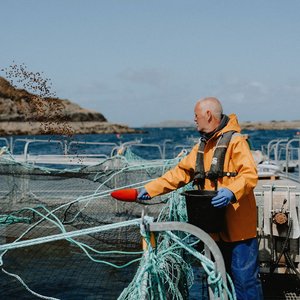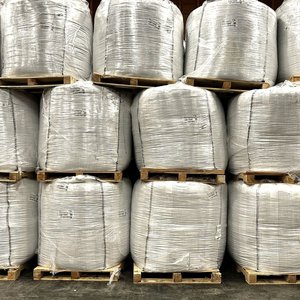Dr. Chong Lee, professor emeritus at the University of Rhode Island and a team of researchers are studying scallop viscera hydrolysate (SVH) to find a way to develop its commercial potential for aquafeed and nutraceuticals.
Lee and his team assessed SVH for its attractiveness to fish as a flavor enhancer and growth stimulant. They compared the scallop viscera with that of squid, as well as with soybean and fish meal in a variety of combinations. Feeding trials on summer flounder and European sea bass revealed that SVH performed the best in terms of weight gain and feed consumption. They believe this is due to its properties as a feeding attractant or flavoring that stimulates feeding behavior.
The use of SVH as a specialty ingredient in aquafeeds, while potentially a good option, is not currently feasible because of the high costs of prototype development and the limited production capability due to the regulations that limit the landing of scallop viscera, leaving fishermen to chuck it overboard instead.
This may change as production and demand for these products scale up.
[Source: the Summer/Fall 2013 edition of 41°N, a publication of Rhode Island Sea Grant and the Coastal Institute at the University of Rhode Island. Read this issue online]


